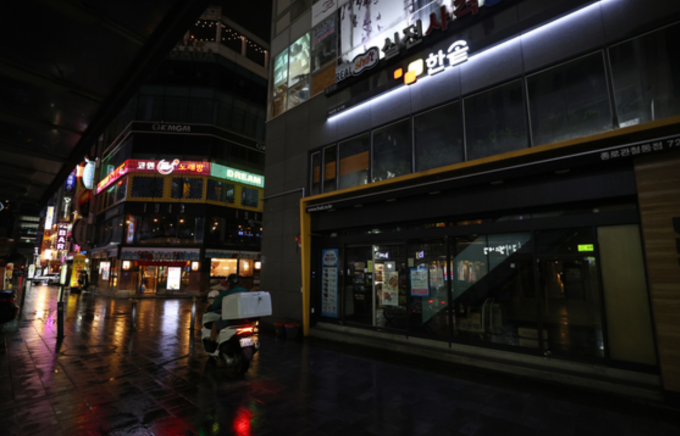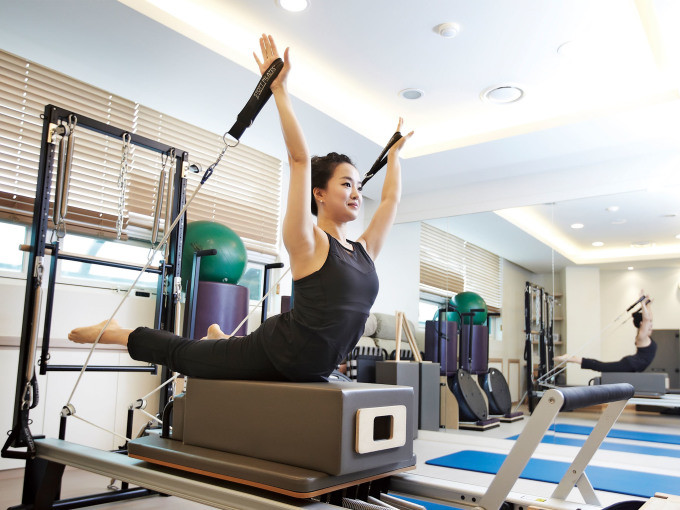Instead of wandering from noraebang to bar every night, Koreans have started the habit of going home early, hitting the gym, staying in shape, and focusing on mental health.

This lifestyle is calledGodsaeng,is a combination of the English word "god" and the Korean word "saeng" (life), referring to a diligent and healthy way of living.
Statistics released by the National Tax Service of Korea on July 1 showed that the number of bar operators has decreased by 33%, from nearly 36,000 in 2018 to nearly 24,000 in 2024. The number of karaoke bar employees has also decreased by 18%, from nearly 32,000 to more than 26,000.
Meanwhile, online stores recorded a sharp increase of 218%, from 195,000 in 2018 to more than 620,000 in April 2024. The National Tax Service of Korea said this result was due to the continuous growth of online sales platforms and the "contactless" economy.
Lee Jae-in, who runs a karaoke business, said sales have dropped 20% compared to pre-Covid-19 times.
"The tough economy and the change in company dinner culture mean everyone is going home after 10 p.m.," Lee said.
According to a report released by Shinhan Card's Big Data Research Center in June 2024, instead of drinking and singing after work, many Koreans spend more time and money on self-improvement. In 2023 alone, people in this country spent 815% more on tennis than in 2019. Pilates and traditional gyms also recorded increases of 47% and 37%, respectively.
Notably, the trend of caring about physical and mental health is not only popular among young people. While the impressive growth of tennis and gyms is largely recorded among the 20-30 age group, the rise of pilates is mainly due to the 40-50 age group. The number of people operating indoor golf services also recorded a 93% increase compared to 2018.
Lim Kyung-eun, a senior official at Statistics Korea, said South Korea’s aging society has led to more people taking an interest in self-care. Skin care businesses have seen a 115 percent increase from 2018, from just over 30,000 to over 64,000.
Not only appearance, Koreans also pay great attention to mental health.
According to Shinhan Card data, the demand for psychological counseling services has been steadily increasing, with an increase of 167% compared to 2019. Spending on psychiatric clinics was recorded across all age groups with an increase of 128% among people in their 20s, 208% among people in their 30s, 172% and 158% among people in their 40s and 50s, respectively.

“Concern about healthy living is not limited to weight loss and dieting. People tend to assess their health in detail to better manage their health,” said the study’s representative.
In addition, the low marriage and birth rates in recent years have also had a significant impact on related businesses. The number of wedding reception halls has decreased by 30%, from more than 1,000 locations in 2018 to 714 this year. Next is the number of study cafes, which has also decreased by 35%, reflecting the decline in the number of domestic students.
As of 2023, the number of Korean students will be only 7.3 million, down 2 million from 9.39 million in 2013. Experts predict the decline could reach 5.25 million in another 10 years.
Over time, the falling birthrate will have a negative impact on businesses, said Kim Moon-tae at Hana Bank's Institute of Finance.
TH (according to VnExpress)